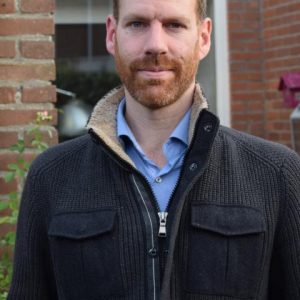The norms, rules, and practices that are supposed to guarantee the quality of historical scholarship – one can think of the footnote, for example – are themselves almost seldomly checked. In times of large-scale digitization, that make literature and sources much more accessible than before and thus makes such checks on the quality control mechanism become easier, this is a weakness of our discipline. In this course, we propose to seize the opportunity and perform such a check through the replication of existing historical studies.
But does that even make sense, replication in cultural history? And if the answer would be yes, how could you practically do that? Such questions will be addressed in this course. To answer them, we will engage in practice of actually replicating historical scholarship. Our earlier and still somewhat preliminary experiences in replication have taught us that such an approach is very instructive, because it offers insight into how historians actually justify what they do when they select and analyze sources, and state their claims. What may seem clear and transparent at first sight, may turn out opaque when you take a better look. By scrutinizing the work of others, the participants will benefit their own practice as historians.
Planning sessions:
- Session 1: Replications en reproductions in historiography – Monday 27 February 2023, 12:00-15:00h. Utrecht University, JK 2-3 – 021
- Introduction into central concepts surrounding replicability / reproducibility
- Introduction into the debate about replications in the humanities
- Explanation of the replication assignment
- Session 2: Performing a replication yourself – Monday 13 March 2023, 12:00-15:00h. Utrecht University, JK 2-3 – 109
- Discussing the cases presented by the participants
- Establishment of a practical protocol for replications
- Session 3: Presentation and discussion of the results – Monday 27 March 2023, 12:00-15:00h. Utrecht University, JK 2-3 – 021
Register (1/12 spaces left)
Bookings are closed for this course.

